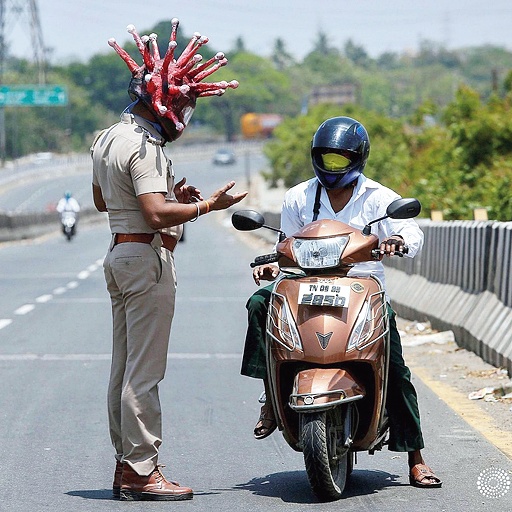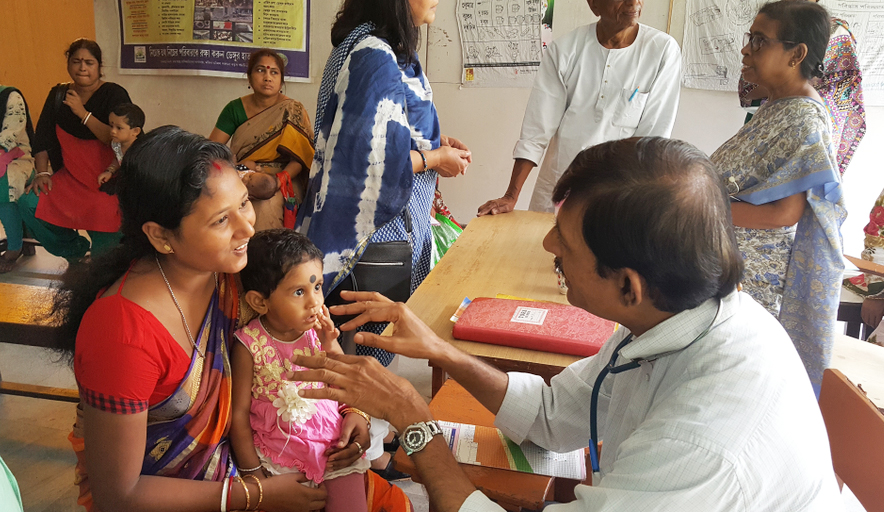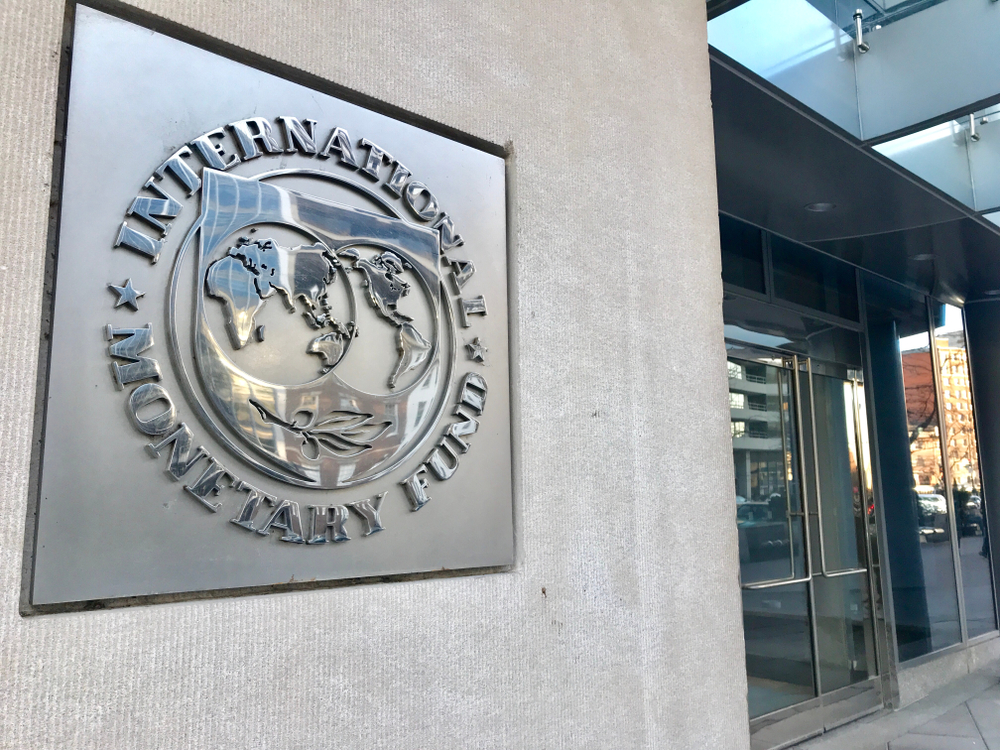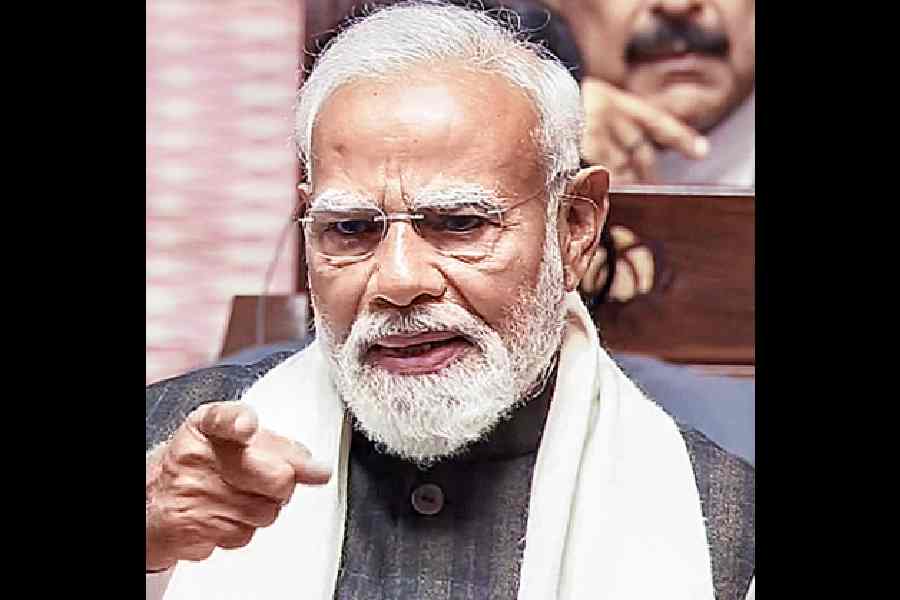The Covid-19 pandemic is an inflection point in modern history. Never before has healthcare taken such a pivotal place among key issues as it does today; so much so that a global pandemic is also being seen through the prism of security.
Scholars are now vocal about the fact that the scope of the idea of national security is rather narrow and that there is an urgent need to align non-traditional threats with ‘mainstream’ security matters. Non-traditional threats are generally seen as those that emanate from non-State actors. They have been seen as peripheral in nature by security experts. Broadly speaking, there are six branches of non-traditional security threats — international terrorism, transnational organized crime, environmental security, illegal migration, energy security and human security. According to the scholar, Mely Caballero-Anthony, non-traditional security threats may be defined as “challenges to the survival and well-being of peoples and states that arise primarily out of nonmilitary sources, such as climate change, cross-border environmental degradation and resource depletion, infectious diseases...” The Covid-19 pandemic has meant that health security needs to be given a central position among hardcore security threats.
A global pandemic has the potential to disrupt societies on multiple levels. It not only threatens the survival of a large mass of population but it also undermines economic prosperity and the growth of nations. This, in turn, leads to the aggravation of threats to national security. The longer the duration of the contagion, the greater the threat to security. For years, international relations have largely been interpreted through the binaries of war and peace. It is possible that in a post-Covid-19 world, conceptions of what constitute as security threats would shift to include a range of parameters like health and diseases.
Surprisingly, health has not been viewed through the lens of security. This, in spite of the fact that there is a correlation among security, power and health at the ideational level. Power is a determinant of security. But health is a determinant of power at the most basic level. For a nation to be strong and secure, it requires its population to be healthy so as to harness its potential for the development of the country.
It is likely that this correlation would get resurrected in the context of the Covid-19 crisis. This is important because health has taken a backseat in the list of priority issues around the world. To cite one example, India’s health budget for this year is approximately one-fifth of its defence budget, which is seen as the backbone of the security sector. Hopefully, the money spent on healthcare would shoot up significantly in the next budget so that India is better prepared for a health hazard.
A country is considered to be secure when it is not fighting a war with another nation state or facing an armed rebellion from within. But it has taken a virus to expose how fragile national security is. The coronavirus has brought two superpowers, the United States of America and China, to their knees by killing thousands in these nations and bringing their economies to a halt. There is thus a strong case for nations to include health security as an important component in their national security doctrines.












